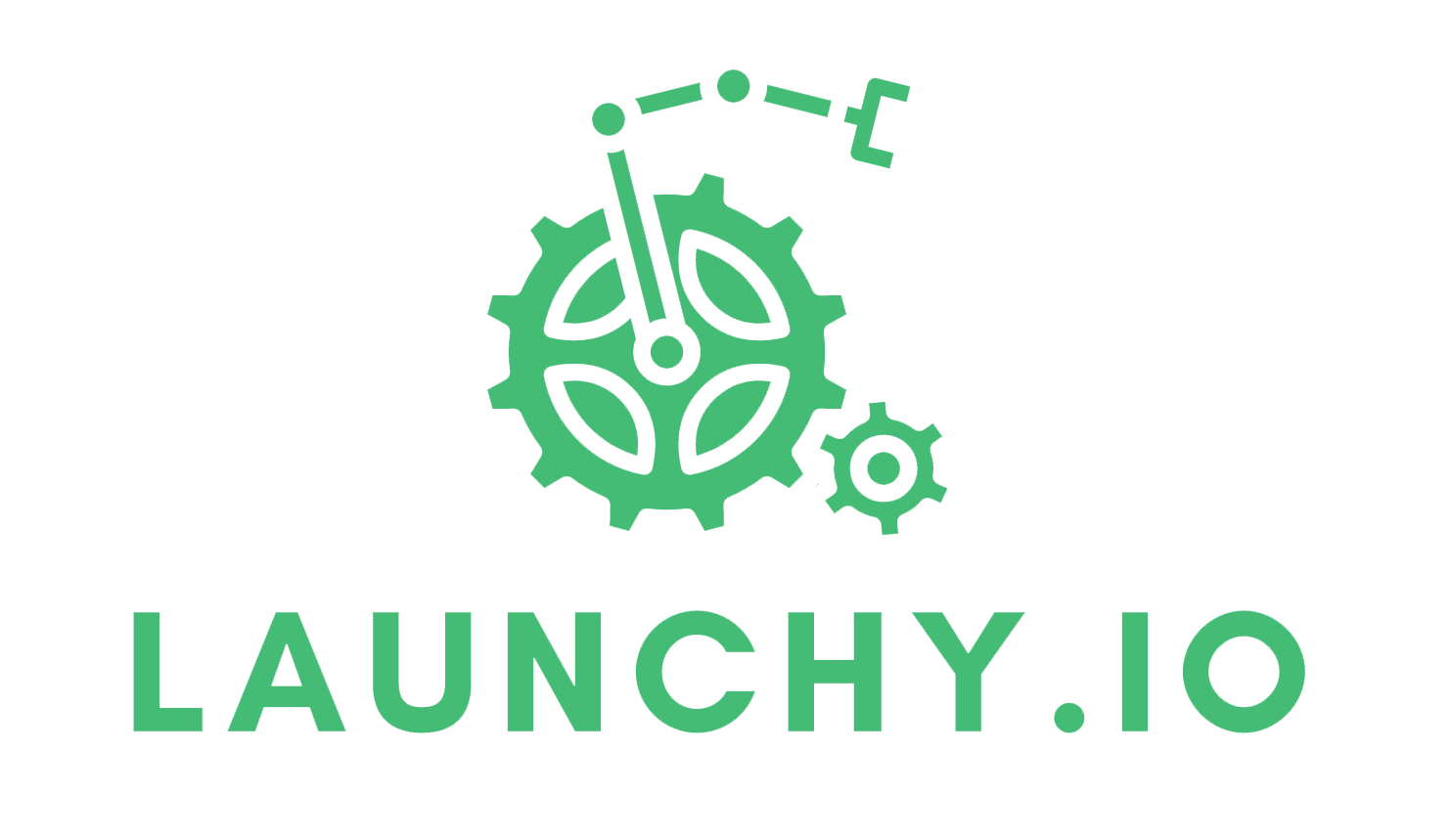Amid the Great Reset, enterprises globally are reinventing and reimagining their business model and processes, to withstand the challenges of an uncertain economy, global pandemic, and a changing business landscape. Accountants are no exception to this.
Fortunately, the advent of platforms catered towards simplifying customer relationship management (CRM) for accountants has significantly streamlined their day-to-day operations.
Every day across different industries and businesses, accountants collect and organise diverse client data and information to make further client dealings easier.
For enterprises that have yet to implement a platform that automates CRM for accountants, having to manually sort client data can be labour-intensive and take up time that could have been spent more productively on higher-value tasks.
Moreover, having an accounting CRM platform helps to create a seamless workflow process within a designated department and even across departments, which streamlines internal business processes. Maintaining good customer relationships this way is integral towards strategically positioning a business as a trusted provider of accounting solutions.
In the wake of the COVID-19 pandemic, CRM platform purchases grew by 10%, which shows the growing significance that businesses place on customer relationships. That said, why should businesses invest in the right accounting CRM platform? Let’s explore 5 good reasons they should.
1.Convenient platform integrations
Accountants that do not have a CRM to simplify manual tasks may find themselves spending a significant amount of time having to manually sort out client data and invoices and engage in other administrative tasks.
By connecting their accounting software to a CRM platform, they can save precious time due to the ability to streamline administrative processes and invoices while also eliminating errors in data recording due to human input.
For instance, when a deal has been recorded on an accounting CRM, accountants can use the data to create an invoice on an accounting software, if the CRM supports the platform. Moreover, implementing an accounting CRM platform makes it easier for accountants to trace back revenue generated from specific sales conversions and marketing activities.
Additionally, accountants can sync and migrate client data from other applications into the accounting CRM platform. Once integrated, they may create custom reports or use automation features to optimise data quality. The integration of platforms also ensures that client data is always kept up-to-date and accurate.
2.Easy team collaboration
Having a platform that simplifies CRM for accountants helps them manage their time wisely by gaining access to resources immediately.
Accountants can easily check for client information or other accounting-related matters through easy platform navigation tools which speed up their tasks while also keeping them productive.
The accounting CRM platform can also be an information hub for employees to seek help with work-related processes. If they are stuck on a task, they may seek resources such as tutorials, guides, or other content to help them execute the task.
Additionally, if they require cross-department help, an accountant can use the ticketing system integrated within the accounting CRM to request something from a specific department, which can be completed in due course, depending on the queue on the ticketing system. This way, the platform facilitates dynamic and efficient interdepartmental collaboration.
3.Accessible client data
An accounting CRM has a centralised dashboard where accountants can customise their searches for a particular client.
Should they wish to access the data on a specific client, they can use the information recorded to follow up and thereby, create a deeper connection with that particular client.
This platform is also resourceful for team leaders when it comes to assigning their subordinates to a particular client and performing a particular task.
Employees have access to a diverse range of information regarding a particular client, which helps them build a greater rapport with their clients.
4.Greater brand awareness
When it comes to finding a platform that streamlines brand-building efforts, a CRM platform helps businesses consolidate their brand-building efforts on a single dashboard.
Using automation features on the CRM platform, businesses can send out email marketing campaigns using built-in templates.
This way, businesses can easily explain why prospective clients should choose their accounting services instead of other services.
These email marketing campaigns help segment particular customers who are more likely to be interested and respond to the campaigns. It also helps businesses strategically position themselves as thought leaders and raise their credibility as trusted accounting service providers.
5.Data-driven actionable insights
By purchasing an accounting CRM, decision-makers of a business can gather important analytics and performance metrics.
These data-driven insights are instrumental in helping decision-makers plan improvements for their business strategies and forecast their business growth.
Important information that can be gathered for decision-making processes includes open rates, click-through rates, as well as lead generation figures.
Create a seamless workflow process with integrated CRM for accountants
Accountants are busy bees and are assigned many important tasks on a day-to-day basis. Performing administrative tasks and invoicing manually is labour-intensive and slows down their productivity level.
With an integrated accounting CRM platform, a huge chunk of a business’s operational costs and employees’ time can be saved, while also helping accountants focus on more productive, high-value tasks.
Schedule a consultation with Sydney’s top automation experts to help streamline accounting workflow processes through an integrated accounting CRM platform.

